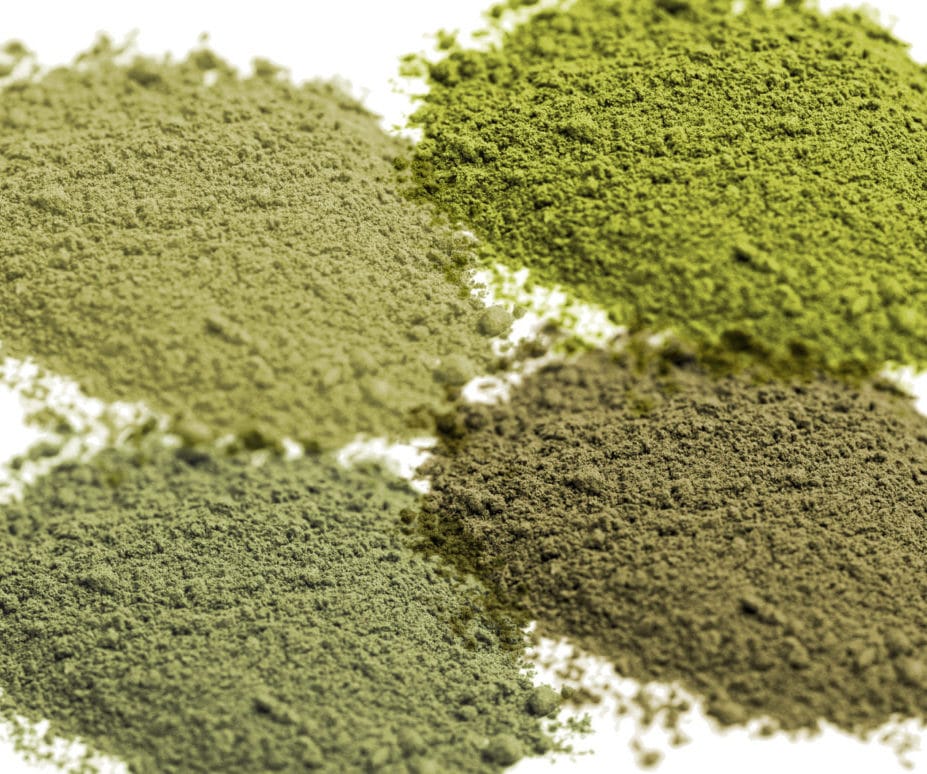Nature’s soothing remedy, Kratom, has gained significant popularity for its potential to alleviate anxiety and depression. Derived from the Mitragyna speciosa tree, native to Southeast Asia, Kratom has been used for centuries as a natural remedy to promote relaxation and emotional well-being. Its numerous alkaloids, particularly mitragynine and 7-hydroxymitragynine, interact with the brain’s opioid receptors, producing effects that can help manage anxiety and depression. One of the key reasons Kratom is valued for anxiety relief is its ability to induce a sense of calmness and tranquility. When consumed in moderate amounts, it can promote relaxation without causing sedation, allowing individuals to function optimally in their daily lives. By acting on the brain’s mu-opioid receptors, Kratom triggers the release of endorphins and dopamine, the feel-good neurotransmitters, leading to an uplifted mood and a reduction in anxious feelings.

Furthermore, Kratom is believed to possess anxiolytic properties, meaning it can help reduce excessive worry and stress. Many users have reported experiencing a heightened sense of well-being and increased resilience to anxiety-inducing situations after consuming Kratom. This natural alternative to conventional anxiety medications may appeal to those seeking a more holistic approach to managing their mental health. Depression, often accompanied by feelings of sadness and hopelessness, can also be positively impacted by Kratom. By modulating the brain’s mood-regulating neurotransmitters, Kratom can induce a euphoric state, offering temporary relief from depressive symptoms. This mood enhancement can be particularly beneficial for individuals experiencing mild to moderate depression, although it is essential to note that best kratom for anxiety and depression should not be used as a sole treatment for severe depression or as a substitute for professional medical advice. The choice of the best Kratom strain for anxiety and depression relief can play a crucial role in its effectiveness. Red vein strains are generally regarded as more suitable for anxiety management due to their calming and relaxing properties.
On the other hand, green vein strains are often preferred for their mood-enhancing effects, making them potentially more beneficial for combating depression. However, it is essential to exercise caution and responsible use when considering Kratom as a remedy for anxiety and depression. The herb’s effectiveness and potential side effects can vary from person to person, and excessive or irresponsible consumption may lead to adverse outcomes. Additionally, long-term use of Kratom can lead to tolerance, dependence, and withdrawal symptoms if not used judiciously. In conclusion, Kratom, nature’s soothing remedy, can be a valuable tool in managing anxiety and depression. Its unique interaction with the brain’s opioid receptors offers potential benefits in promoting relaxation, reducing anxiety, and enhancing mood. However, like any natural supplement, Kratom should be used with caution and in moderation. Individuals considering Kratom as an alternative therapy should consult with a healthcare professional to ensure its safe and appropriate use as part of a comprehensive approach to mental well-being.

